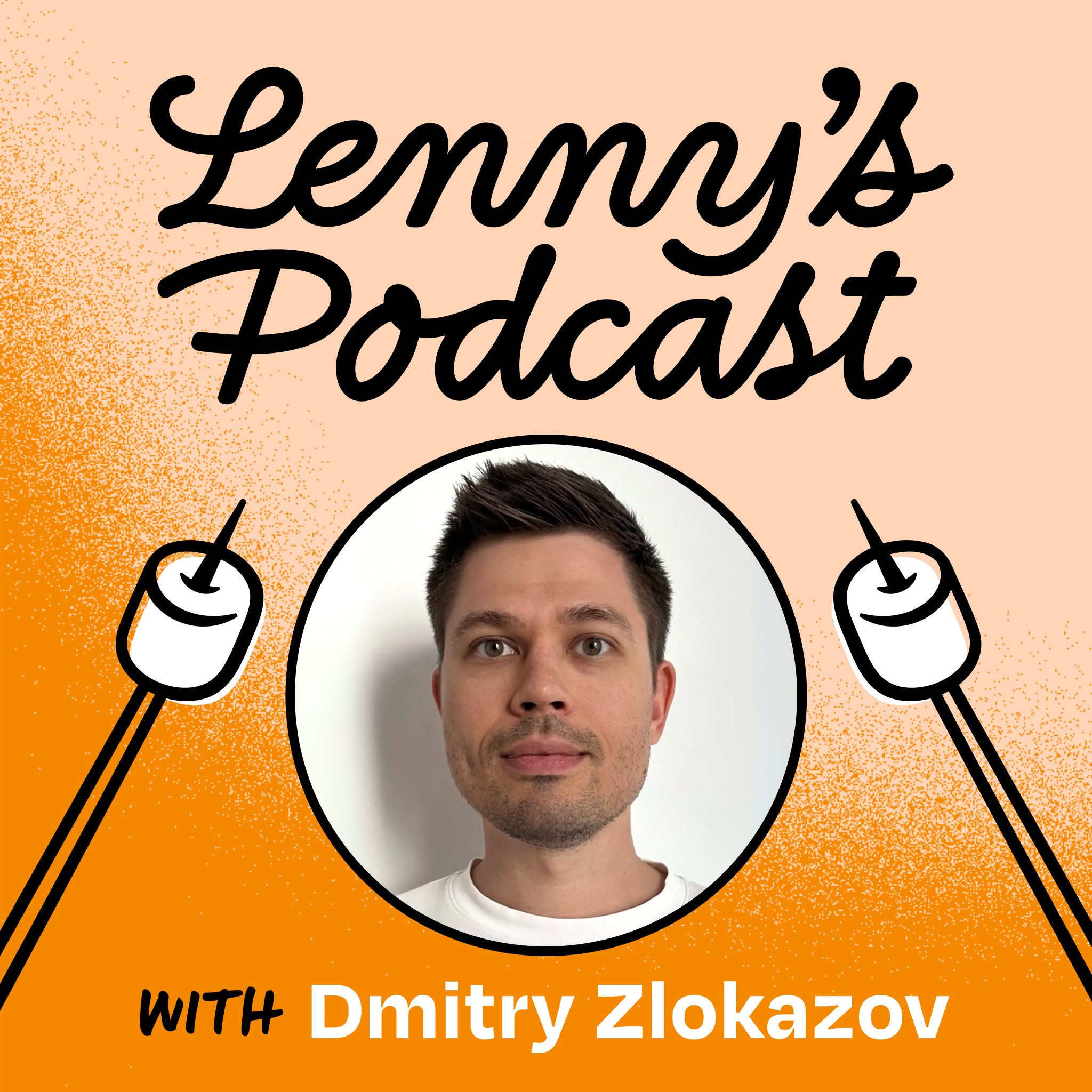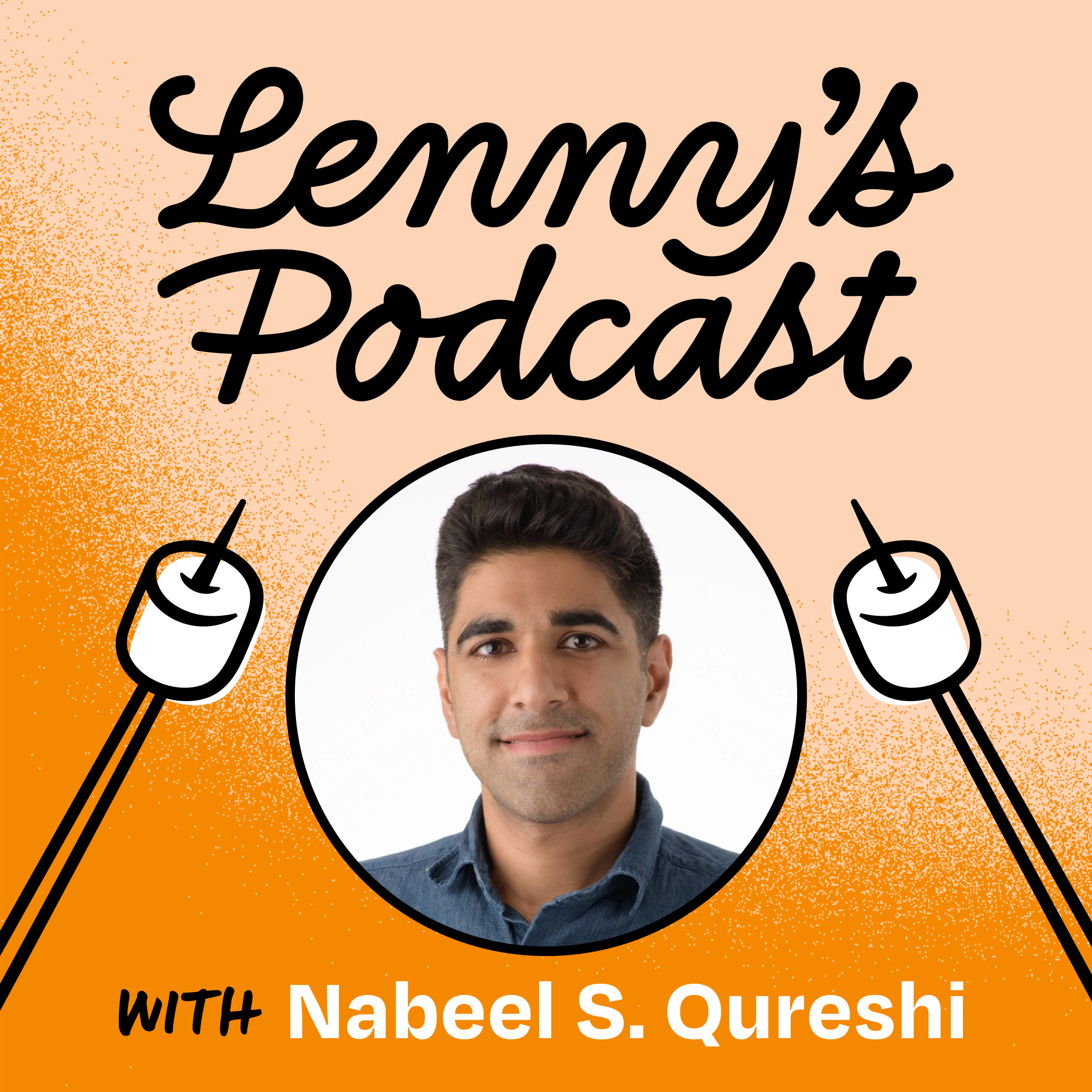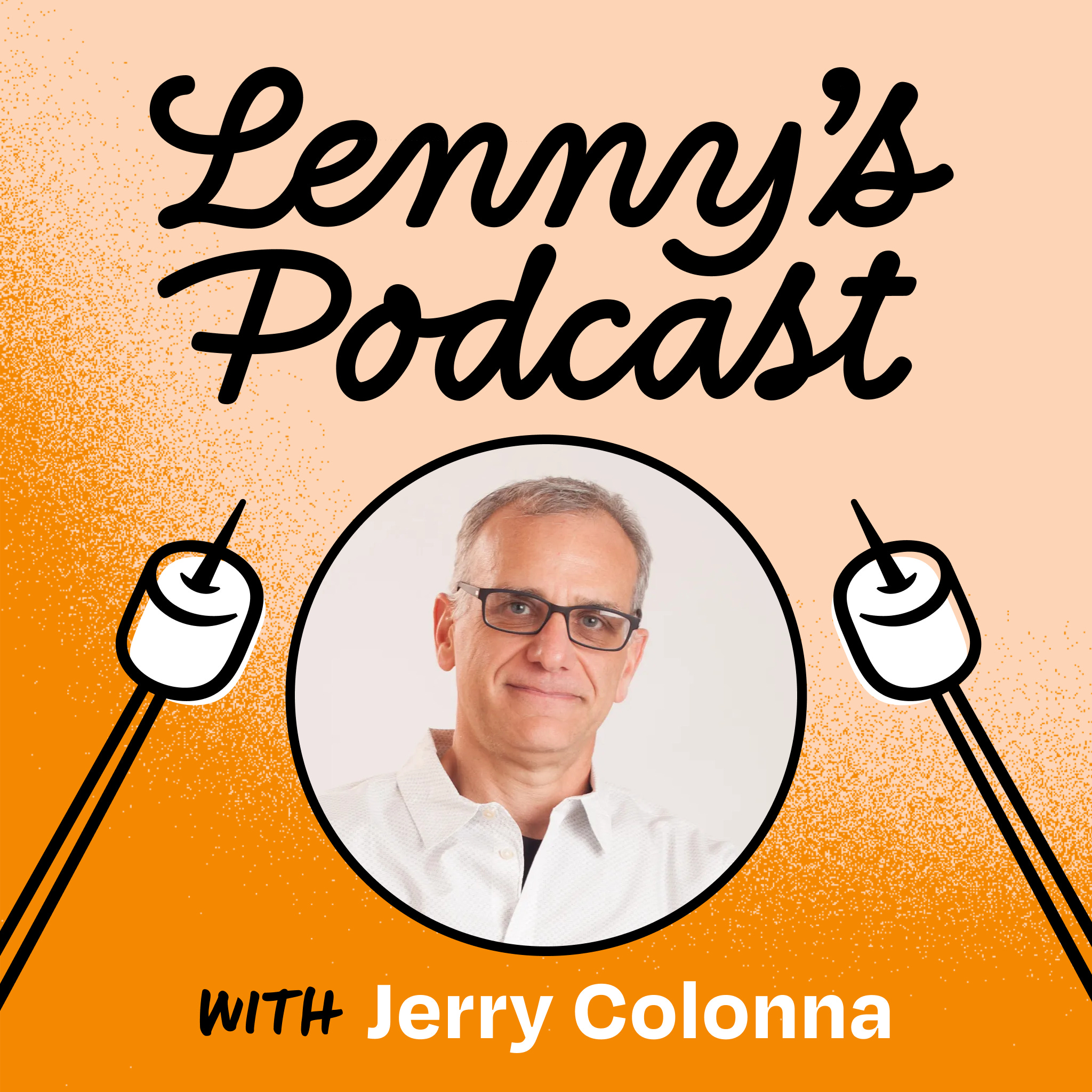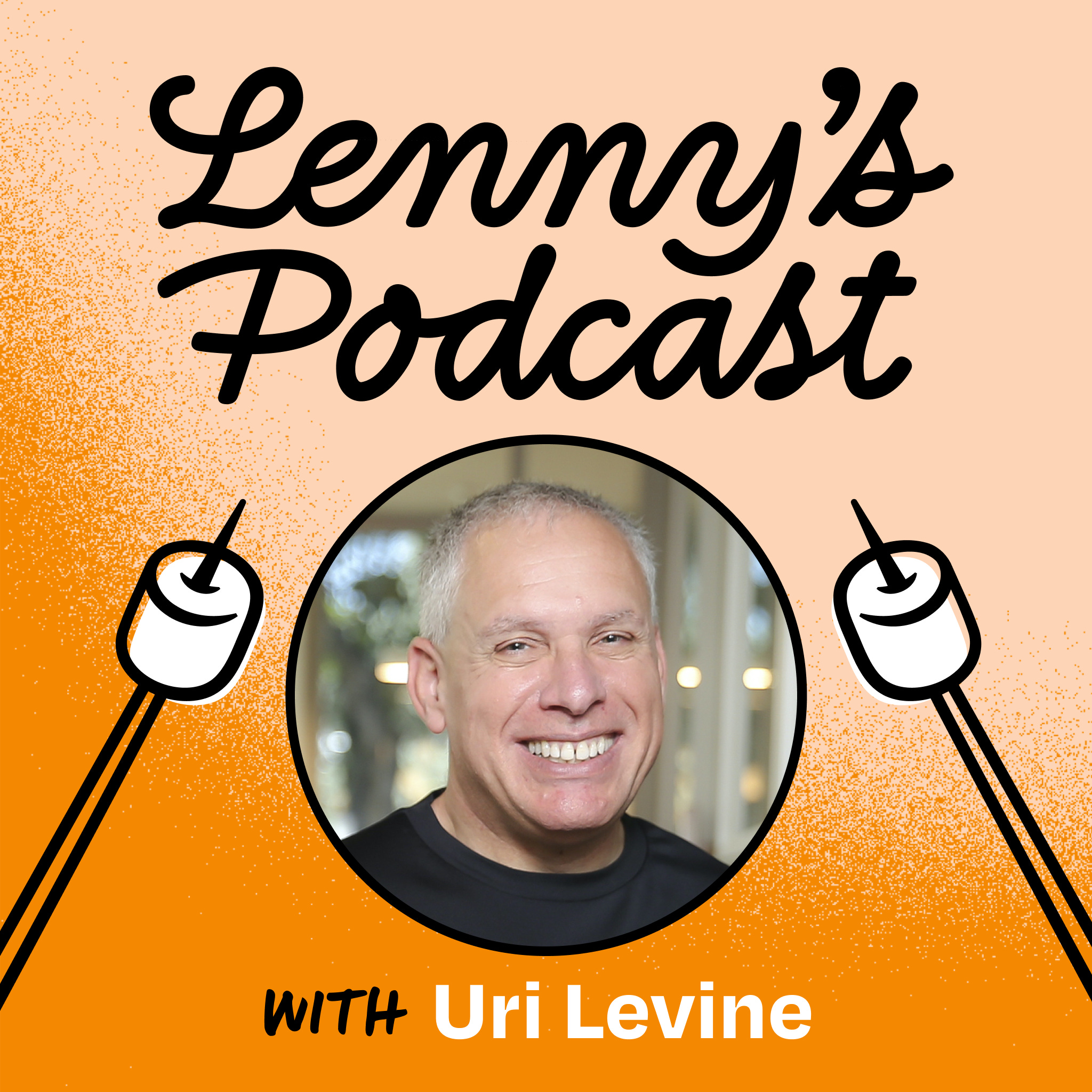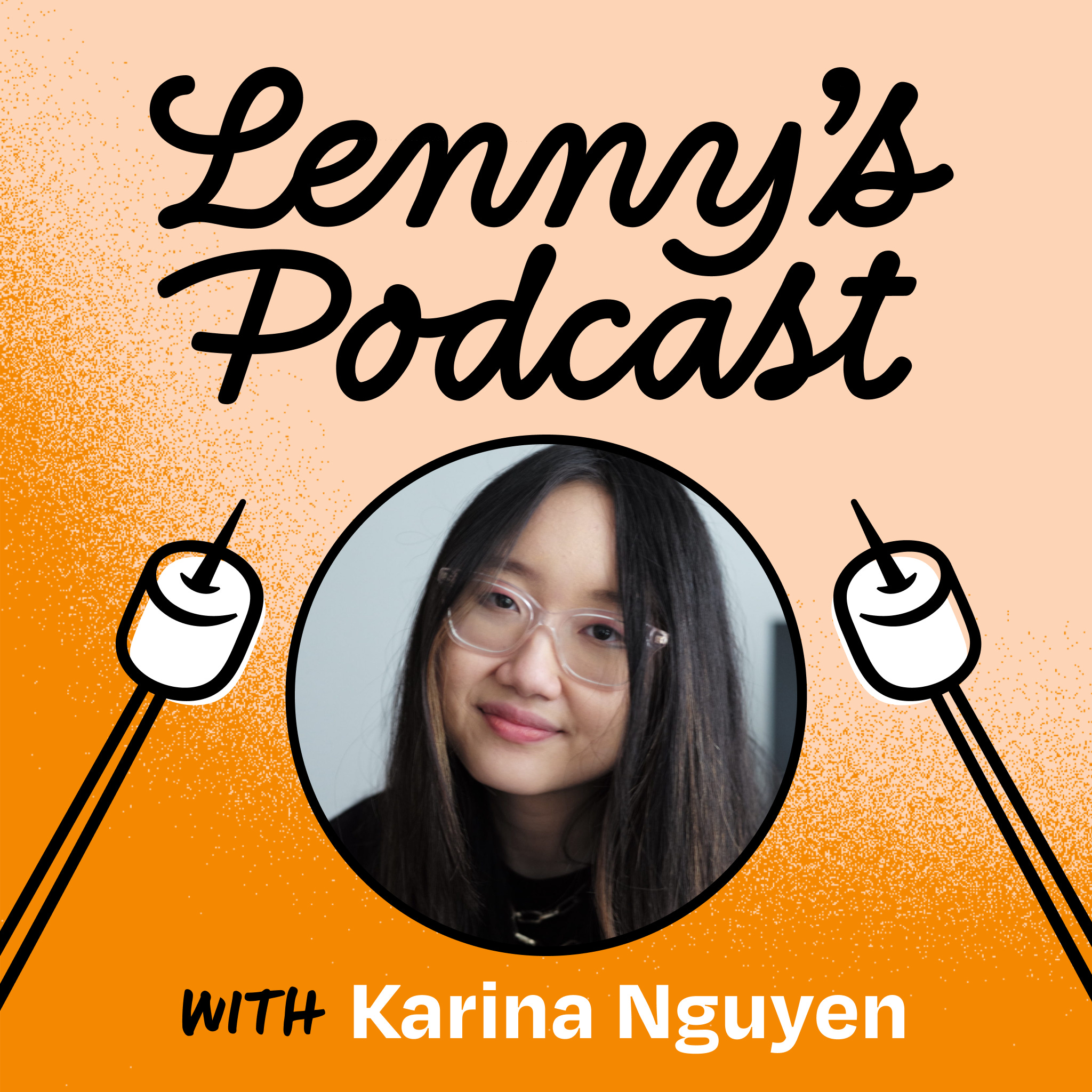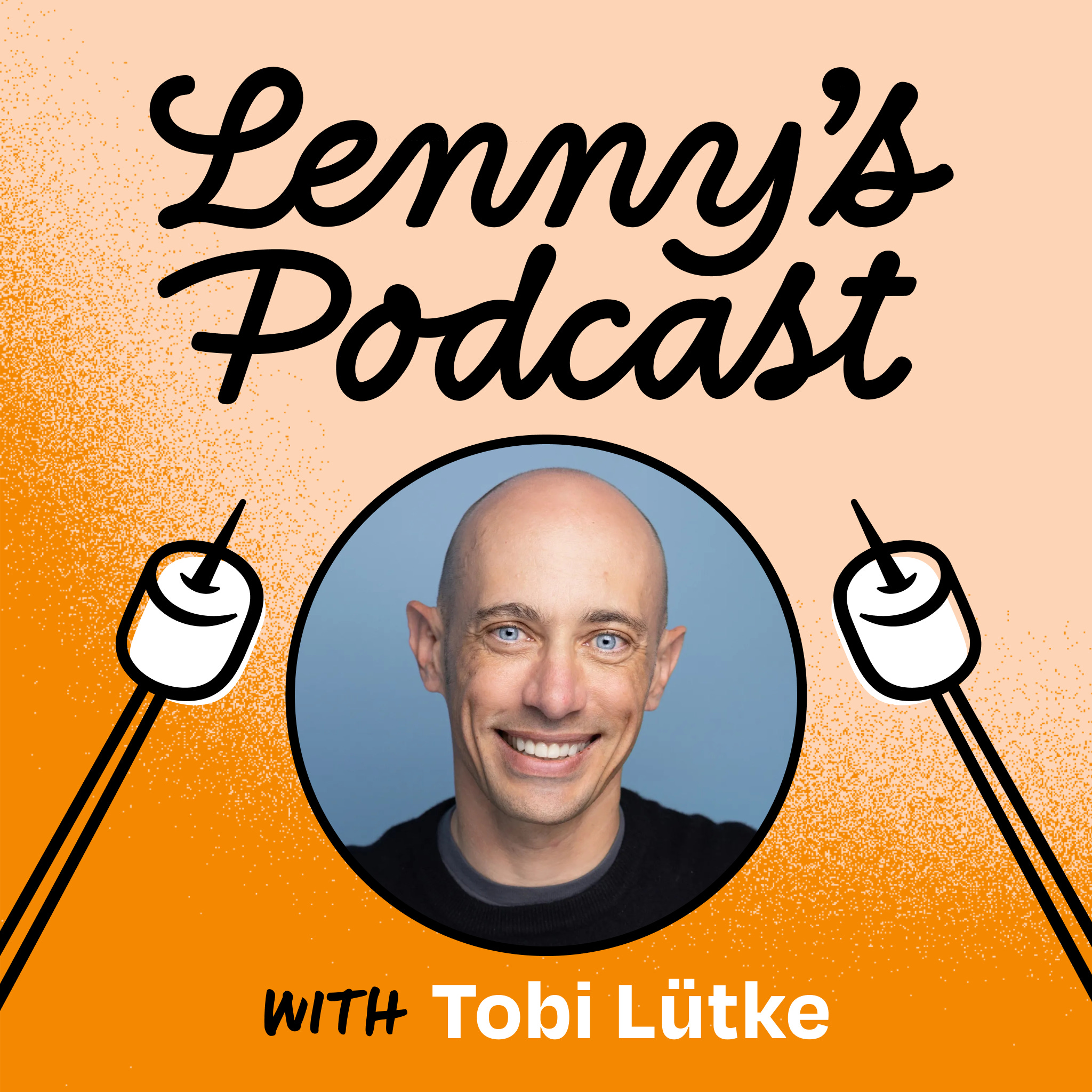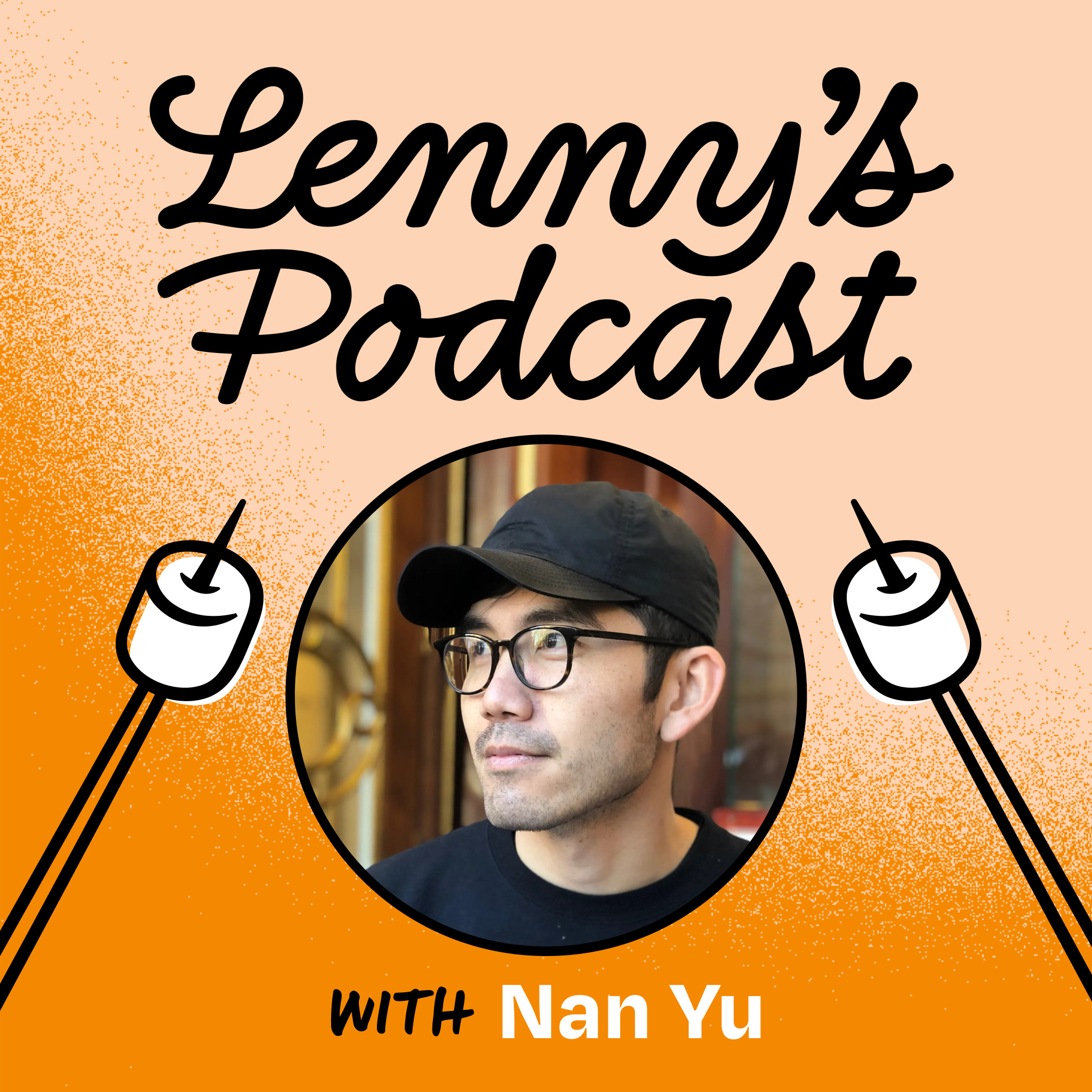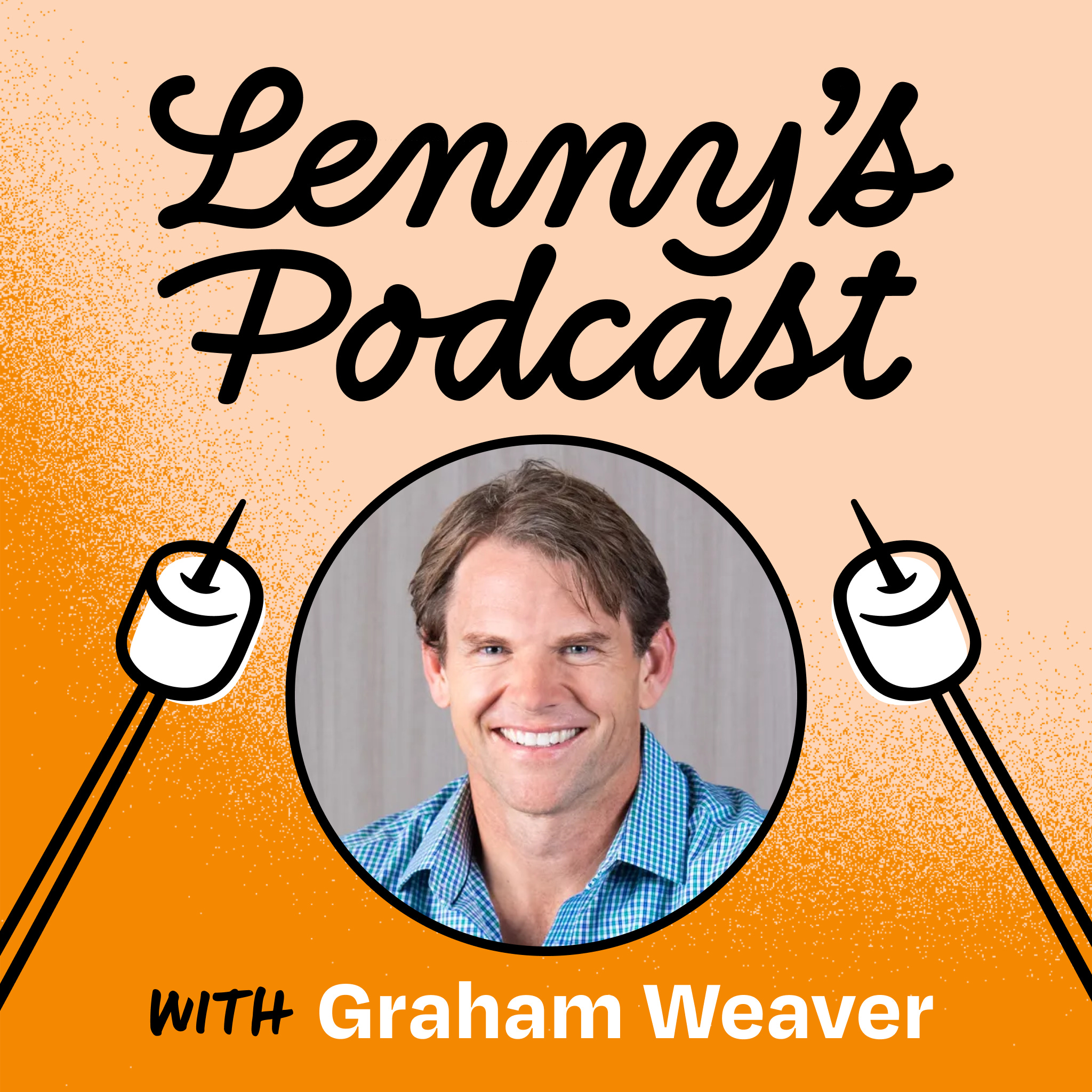
September 12, 2024 • 1hr 51min
Land your dream job in today’s market: negotiation tactics, job search councils, and more | Phyl Terry (Author, “Never Search Alone”)
Lenny's Podcast: Product | Growth | Career
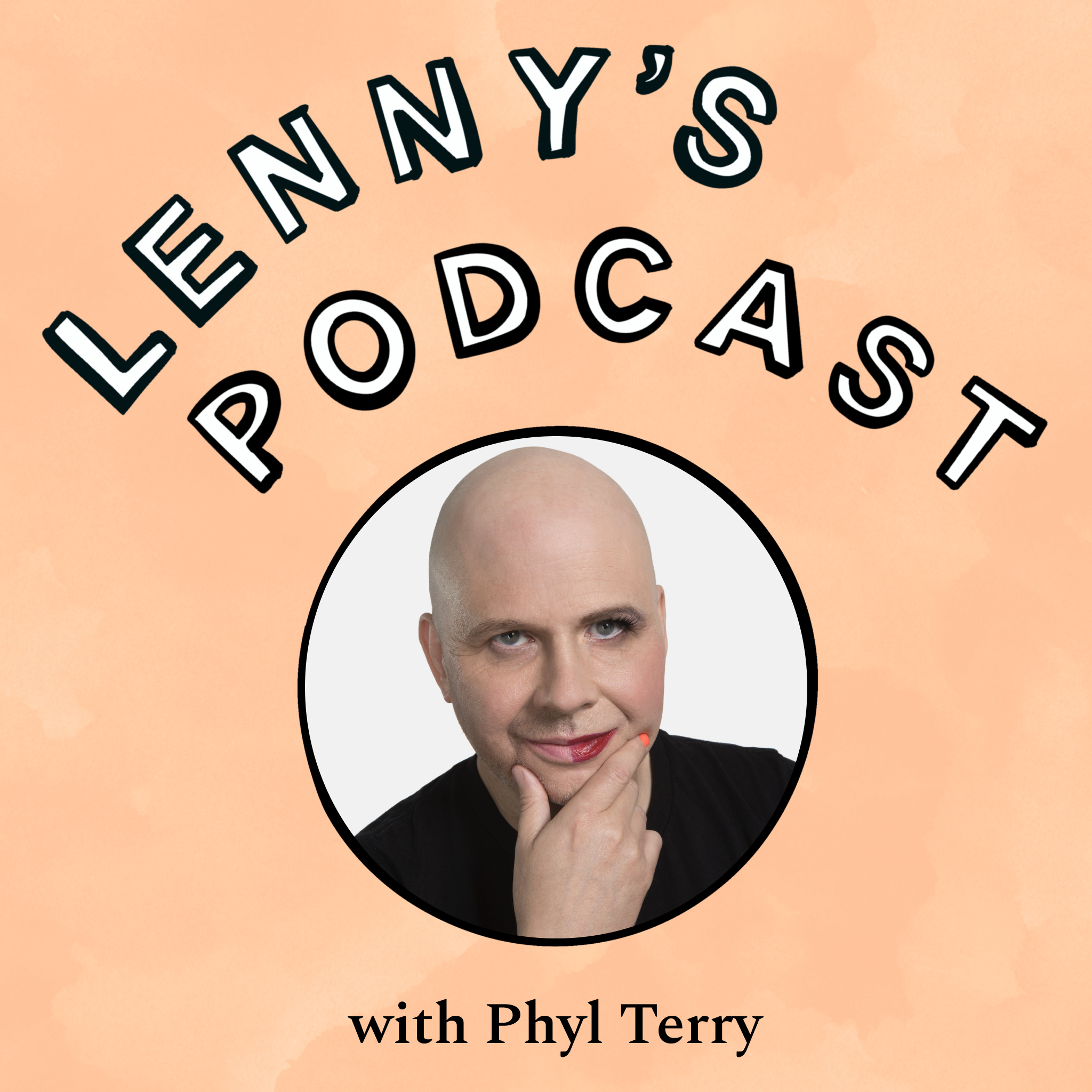
Key Takeaways
- Never search for a job alone - Join a job search council of 6-8 other job seekers for support, accountability, and motivation
- Determine your "candidate-market fit" - Narrow down what specific role, industry, company stage etc. you're targeting
- Conduct a "listening tour" to get feedback on your fit and goals from your network
- Create a job "mission" with OKRs when interviewing to stand out
- Play to win, not not to lose - Be proactive in interviews and negotiations
- Ask for help - It's a sign of confidence, not weakness
- Update your network regularly during your job search
- Negotiate for what you need to succeed, not just compensation
- Read more books to expand your thinking as a product leader
Introduction
In this episode, Lenny interviews Phyl Terry, author of Never Search Alone and founder of Collaborative Gain. Phyl shares insights from his 25+ years of experience running product councils and job search communities. The conversation focuses on strategies and tactics for conducting an effective job search, particularly for product and tech roles.
Topics Discussed
Job Search Councils (1:58)
Phyl explains the concept of job search councils - groups of 6-8 job seekers who support each other through the process:
- Provide accountability, motivation and confidence
- Help combat anxiety and insecurity that everyone feels during a job search
- Free to join through Phyl's non-profit community
- Meet 1-2 times per week depending on search intensity
"Everyone, no matter who they are, feels insecure and anxious in the job search. And if you do it alone, it magnifies it." - Phyl Terry
Candidate-Market Fit (20:19)
Phyl introduces the concept of "candidate-market fit" - determining what specific role/company you're a fit for in the current market:
- Start by writing a "Mnookin two-pager" outlining what you want/don't want
- Conduct a "listening tour" to get feedback from your network
- Narrow down to 3-4 key attributes (e.g. role, industry, stage, location)
- Be specific - it's better to be narrow and have people expand from there
"When you're looking for a job, you need a spear and not a net." - Phyl Terry
Conducting Listening Tours (24:37)
Phyl recommends doing a "listening tour" to get feedback on your fit:
- Ask contacts: "If you were in my shoes, how would you approach this?"
- Get input from former colleagues, broader network, and recruiters
- Helps refine your pitch and uncover opportunities
- Turns contacts into "listening posts" invested in your search
Creating a Job Mission with OKRs (49:07)
To stand out in interviews, Phyl recommends creating your own job description with OKRs:
- Outline what you think you'll be accountable for and key results
- Shows initiative and helps clarify the role
- Share with hiring manager to impress them
- Sets you up to negotiate what you need to succeed
"If someone did this, it would blow my mind. I would hire them on the spot." - Senior Amazon hiring manager quoted by Phyl
Negotiation Tactics (53:36)
Phyl shares advice on effective negotiation:
- First discuss what you need to succeed in the role (e.g. budget, resources)
- Frame requests in terms of delivering on agreed OKRs
- Then discuss compensation - 87% of the time you'll get more by asking
- Use collaborative language: "Are you open to X?"
- Negotiate with hiring manager if possible, not just recruiter
The Power of Asking for Help (1:10:48)
Phyl emphasizes the importance of learning to ask for help effectively:
- It's a sign of confidence, not weakness
- It's actually giving, not taking, when done well
- Makes you more independent and improves your reputation
- 85% of senior leaders credit asking for help for their success
"Asking for help is not a sign of weakness. It's a sign of confidence. It both requires confidence and strengthens it." - Phyl Terry
How to Ask for Help (1:19:18)
Phyl provides guidance on how to ask for help effectively:
- Do your homework first
- Be thoughtful about who you ask
- Frame it as seeking advice/perspective, not asking them to do something for you
- Be open and vulnerable
- Use emotional intelligence
Examples:
- Ask for feedback on an important email
- Do a "peer coaching call" when starting a new role
- Ask about others' experiences to understand company culture
Final Thoughts and Advice (1:28:40)
Phyl emphasizes a few key points in closing:
- Everyone feels anxious and insecure in job searches - it's not just you
- Join a job search council for support and accountability
- Update your network regularly during your search
- Read more books to expand your thinking as a product leader
- Look for inspiration outside of just digital products
"Everyone feels anxious and insecure in the job search. It's built into the fabric of how capitalism operates. It's not something problematic in your head." - Phyl Terry
Lightning Round (1:38:21)
Book recommendations:
- Creative Destruction by French economists
- Marty Cagan's books on product management
- The Manual - introduction to Stoicism
Favorite interview questions:
- For candidates: "Tell me about a time you brought in a senior person and it failed. How can we avoid that?"
- For references: "I'm about to hire X. If it would be a huge mistake if I didn't, call me back. Otherwise, don't bother."
Life motto: "Books are machines to think with."
Conclusion
Phyl Terry provides a wealth of practical advice for conducting an effective job search, particularly for product and tech roles. Key themes include leveraging community support through job search councils, being strategic about determining your fit in the market, and taking initiative in interviews and negotiations. Phyl emphasizes the power of asking for help and reading widely to expand your thinking as a product leader. Overall, his approach aims to give job seekers more control and confidence in what can be an anxiety-inducing process.
